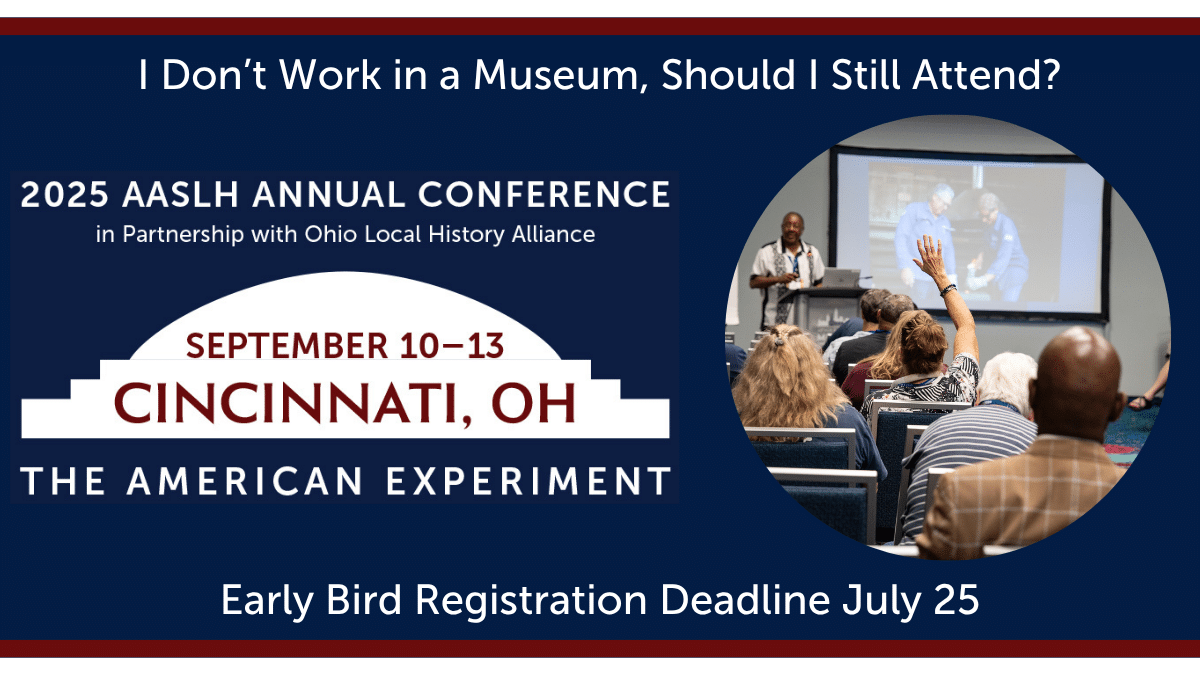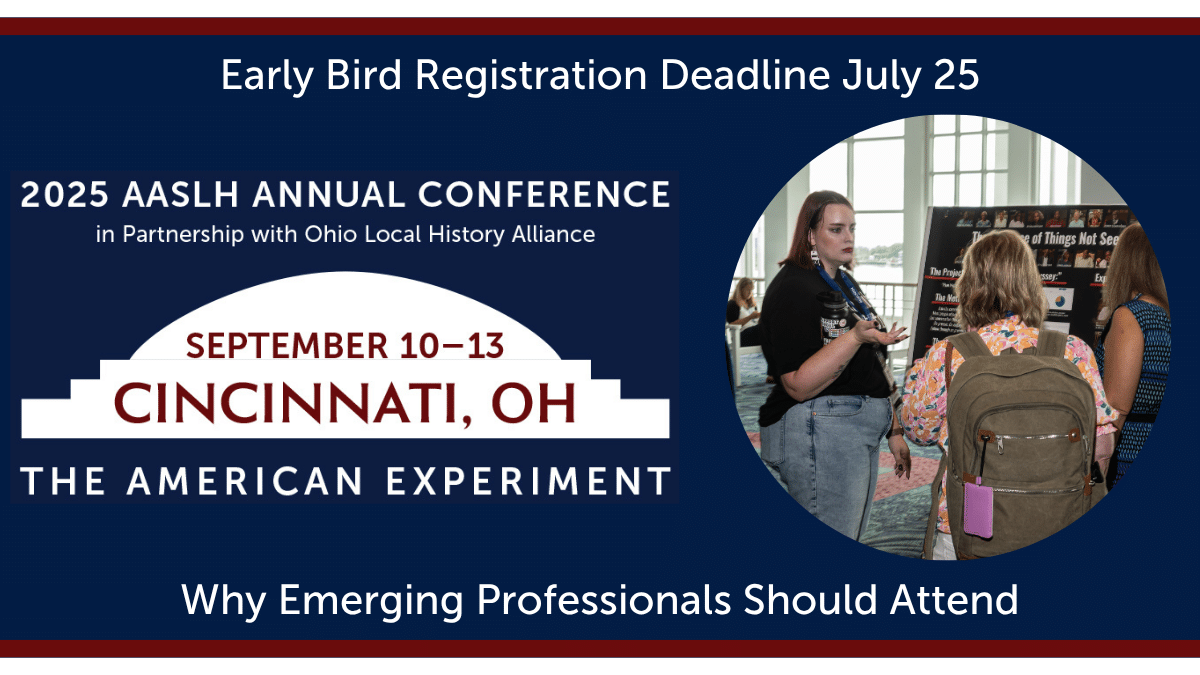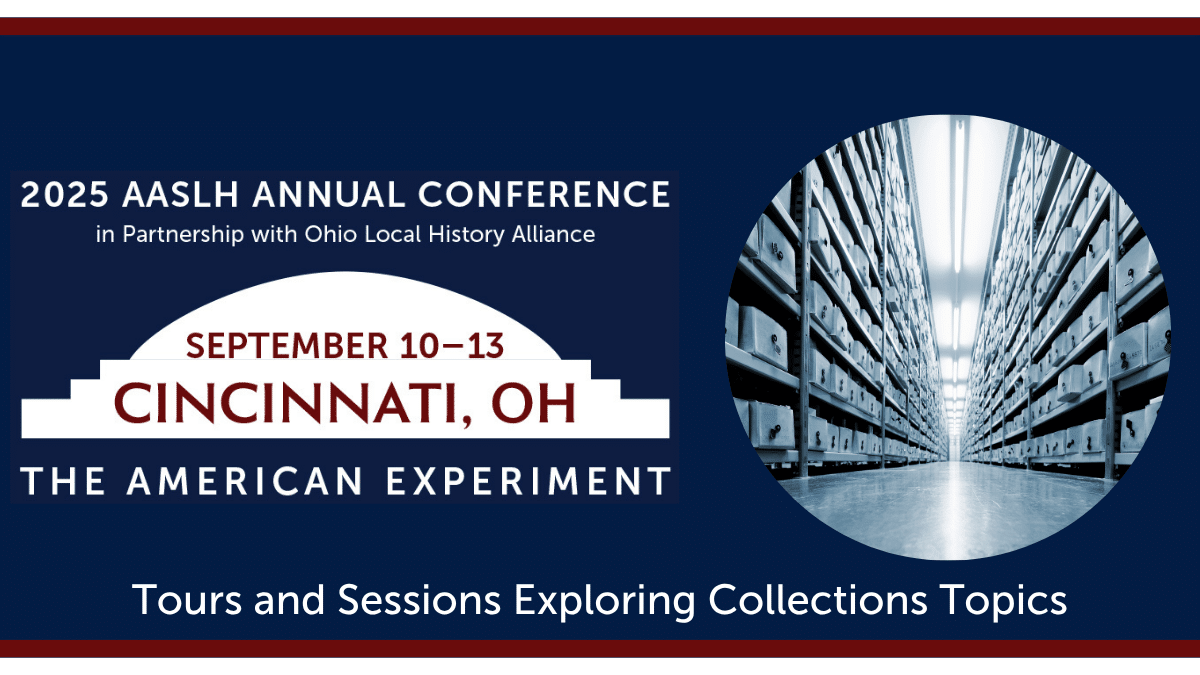Would you like to travel the world? Not for one or two weeks, but for a year, or possibly two. It’s possible to cross the globe as a public historian. Currently, the National Council for Public History’s job board lists five openings in Canada, two in the United Kingdom, and one in Saudi Arabia. Last month, NCPH advertised openings in Germany, Australia, and New Zealand. But why am I writing all of this here?
You probably joined AASLH because of an interest in local history and may be wondering why I’m writing about international employment. Anytime we find ourselves working long hours in a specific locale, we risk losing the creativity and clarity that comes from being an outsider. It benefits you professionally to observe other local historians at work. In foreign countries, differences in professional practice can seem more frequent and pronounced. Working abroad is a learning experience, and I’m not the only local historian who believes an international perspective would benefit our work in the States. Noted columnist Carol Kammen, in the Autumn 2015 edition of AASLH’s History News, discussed “Doing Local History Across the Pond.” Let me take an example from my work experiences abroad.
For much of this year, I completed an internship with England’s National Trust, one of the UK’s largest historic preservation organizations. I accepted the internship because of my interest in fundraising. In graduate school in Middle Tennessee, I helped several local organizations raise money for additional exhibits and programs. In most cases, organizational budgets were small and the donors lived in the community. I rarely gave serious thought to applying for something as large as a National Endowment for the Humanities grant. An NEH grant seemed too complicated, and the organizations I worked with did not have the staff or resources necessary to apply for and implement an NEH grant.
Work in England, however, gave me a new perspective. While in the UK, I helped a local organization apply for a national grant. The National Trust wanted to make where I worked, Seaton Delaval Hall, a model of community involvement. The Trust threw the weight of the national organization behind the initiative, and I had the opportunity to work with the Trust’s grant writers on a £7.5 million ($10 million) funding bid to the national Heritage Lottery Fund. I never dreamed that I would get to learn about writing national grants while working at a small historic home. Yet, the Trust’s national administrators are extremely connected to their regional and local staff. It was an opportunity I don’t know I would have had if I had remained in the States. It gave me a depth of knowledge I can put to good use as I return to the States to continue helping local organizations raise money to achieve their goals. While I benefited from the experience as a fundraiser, I’m sure public programmers, curators, archivists, and others can benefit from the experience as well. The only way to know is hop on a plane and find out.





